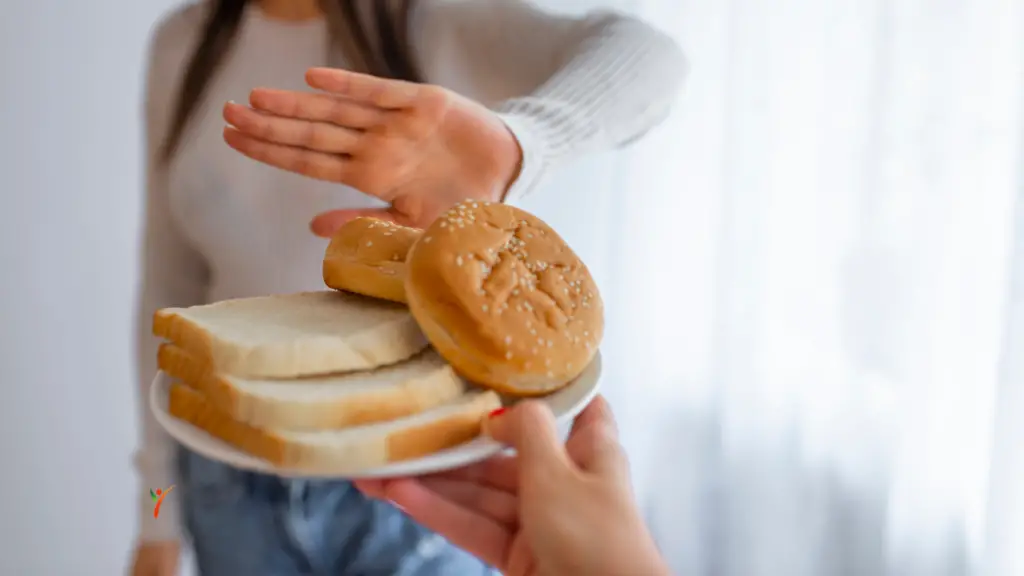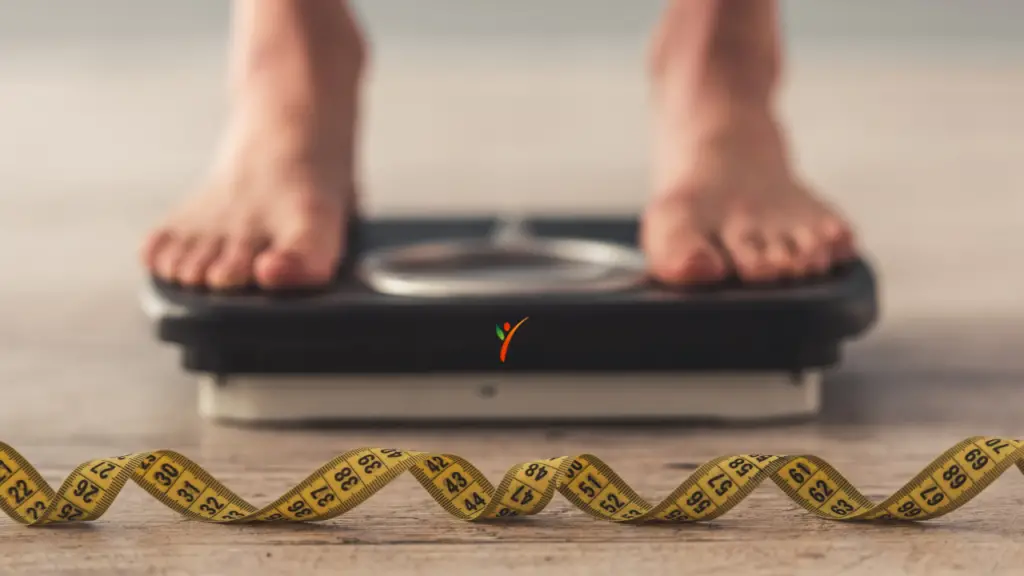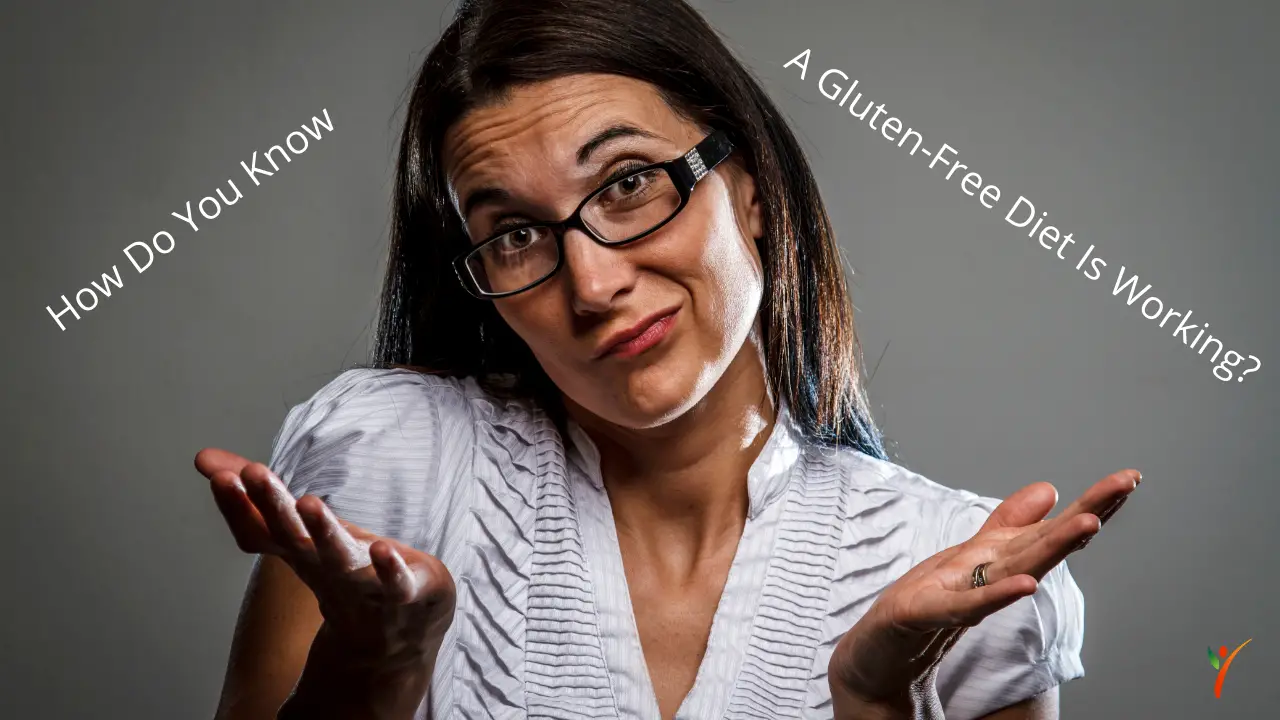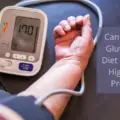With the increasing percentage of celiac and gluten-sensitive patients, many are now shifting to a gluten-free diet. Even if you're not suffering from these conditions, a gluten-free diet can still benefit your health in numerous ways.
The number of gluten-free dieters is so much that manufacturers are now producing specifically gluten-free labeled products. You might notice major restaurant chains adding an exclusive GF menu to their existing options.
But, once you shift to the diet, how do you know it's working? After all, not every diet type is suitable for everyone. For this purpose, you'll want to know whether leading a gluten-free lifestyle is providing any benefits to your health and body. Here are the indications you can look for once you've been eating a gluten-free diet for some time.
What Do You Need to Start a Gluten-Free Diet?

To start the diet, you'll need to cut out any and every source of gluten in your meals. While some of these sources are pretty obvious, others aren't. Eliminate the products that contain wheat, rye, barley, and oat. Pasta, bread, cereals, and baked goods, are the first things to take out off the list.
Although, you'll have to carefully exclude the ones that contain any form of gluten additives, especially wheat and barley. Hence, you'll have to start buying labeled or certified gluten-free items when grocery shopping.
It's convenient to go gluten-free when making homemade meals, but it's a lot more difficult when you're eating at a friend's or a restaurant. At a friend's house party, request them to prepare gluten-free food items for you, or maybe take food to take there yourself.
Are you stepping out to eat at a restaurant? Ask for gluten-free choices, and inquire about the risk of cross-contamination too. Therefore, it's recommendable that you go to restaurants or cafes that are exclusively gluten-free. But since that isn't always an option, consider your options when eating out. All in all, if you're going for a strictly gluten-free diet, take every possible precaution to ensure there's absolutely no gluten intake.
Signs that Indicate the Diet is Working
On to the real issues, once you start the diet, what tells you that it's working? Many live under the fear that they'll continue to face symptoms of gluten intolerance despite being gluten-free. And this might be true if something in the diet isn't working for you or you're doing it wrong. Therefore, knowing the signs that'll show the diet's work is essential. The following are a few changes you'll notice once you go gluten-free.

Decreased Digestive Problems
The most common symptoms in those with celiac, gluten sensitivity, and even other conditions such as IBS is digestive problems. Digestive issues include various symptoms such as bloating, swelling, nausea, abdominal pain, diarrhea, and constipation.
Once you start a gluten-free diet, there'll be a significant decrease in the occurrence of these symptoms. And since these are the most dominant symptoms of a gluten-related condition, they're also the first to be lessened with a gluten-free diet. Over time, you might not have to suffer through them at all.

Weight Loss
When you switch to a gluten-free diet, it omits tons of processed foods from your daily diet. With the exemption of these foods, there'll be an increase in healthier foods such as fruits, vegetables, meat, nuts, etc., in your meal plans.
Once you start eating nutritional meals, you'll consequently feel fuller. The decrease of hunger cravings will result in a lesser intake of unhealthy processed foods. Ultimately, this means you'll begin to lose weight due to lesser calories and more nutrients in the diet. Hence, if you're losing weight on a gluten-free diet, that means you're on the right path!

Feeling More Energized
If you've had the feeling of constant tiredness and fatigue before the diet, you're not alone. Chronic fatigue is one of the symptoms of gluten intolerance.
Gluten causes intestinal damage in celiac and non-celiac sensitive patients, which is why the nutrients in your meals do not get absorbed by the body as effectively. A lot of them are excreted out of the body. With lesser nutrients, the body does not produce enough energy.
Another reason is that due to insufficient iron absorption, the deficiency can lead to anemia. A gluten-free diet is a solution to this problem, which means if you're feeling more energized after switching to the diet, that's another sign that the diet is doing its job!

Improved Skin and Hair Health
Studies suggest that gluten intolerance also harms skin and hair. Those suffering from skin conditions such as dermatitis, psoriasis, chronic urticaria, etc., sometimes are gluten-intolerant or have celiac disease.
Similarly, due to inadequate absorption of nutrients, malnutrition destroys hair density and texture. Malabsorption is why gluten intolerant patients have an increased amount of hair falling out. In other words, you can ensure the diet is working if your skin and hair are in healthier condition.
Other than digestive problems, all the above signs guarantee the diet is working for celiac and gluten-sensitive individuals. But that's not all; individuals who are only going gluten-free for a healthier lifestyle will also see these improvements.
Despite having neither of these two conditions, you'll note the remaining symptoms, besides digestive problems. Sometimes, even those who aren't gluten intolerant can have improved digestive health by cutting out gluten.
When Does the Diet Start Working?

If your question is, “when will I start seeing results?” differs from person to person. Therefore, there are no clear statements about this when the diet shows evident results on your health. For example, it can take you a few weeks to fully recover from celiac or gluten-sensitive symptoms, or it may take months.
Although, you will start noticing an improvement in your gluten-related symptoms in a few weeks. There's the possibility that it takes years for the intestines to recover from the damage they have induced due to gluten intake. But the general symptoms start improving within weeks.
Generally, you should be able to start noticing decreased bloating, abdominal pain, and diarrhea or constipation within a few weeks, if not a few days. After a few months, the digestive tract's damage slowly starts healing.
During this period, you'll be more energized and will see an improvement in hair, skin, and nail health. Overall, there will be minimal to zero reactive symptoms because of gluten in your body.
How Long Do You Have to Follow the Diet?

If you're new to the gluten-free diet, you'll often be questioning when do you go back to routine life? Again, it solely depends on your gluten intolerance or if you have celiac disease. Some who have a gluten-intolerance may feel they can try gluten after being gluten-free for a specific period, for example, a year, to see if they still suffer from issues.
Meanwhile, the only treatment for celiac disease is a lifelong gluten-free diet; there's no other way. And you must; you wouldn't want to risk your health for a single serving of pasta a few months into a gluten-free lifestyle.
Therefore, if you're noticing symptoms whenever you eat gluten-containing ingredients, get it checked. A medical specialist can ensure whether your symptoms are due to celiac disease or gluten sensitivity. Since there is the possibility of gluten tolerance over time, you may not have to continue the diet as a gluten-sensitive patient if you feel as if you can tolerate gluten.
Tips For Staying Intune

To watch whether a gluten-free diet is working for you, keeping a close eye on your symptoms is the best method. So, how can you monitor the diet's effect on your body regularly? Here are a few tips:
- Write Down Your Symptoms
Firstly, write down your gluten-related symptoms before starting the diet. Later on, these will help see the improvements due to the diet. Therefore, jot down (or use an app) the symptoms you've faced up till the diet. You'll have your very own health journal to come back to after you start the diet to monitor any improvements.
- Keep a daily food journal
We can't always remember the food we ate last week, so the best way to keep track is to write down the foods you consume daily. It is also helpful to write down how you feel from day to day. If you feel tired one day, writing it down will help you decipher what is going on. You will eventually be able to connect a food with how it makes your body feel.
- Review the Symptoms
Keep a close check on your symptoms. You can do this by reviewing the journal you've written them down weekly. It'll help extract information on whether or not and which symptoms improve over time with the diet. You'll also observe a few symptoms get better immediately, while the others take time.
- Consult a Specialist
Symptoms related to celiac and gluten intolerance getting better with a gluten-free diet means all is well. On the other hand, if you don't see a considerable improvement in your symptoms, consult a specialist. They can help understand the factors that aren't working out for you, whether you're still consuming hidden sources of gluten or if it's something else.
Final Words

A gluten-free diet, as proven, has many benefits for your health when you follow it. If you have celiac disease or a gluten-sensitivity following the diet will boost your health.
Make your meal plans according to the gluten-free diet guidelines, keep track of any foods and feelings, and reading labels will help you on your way to leading a happy and healthy life.






